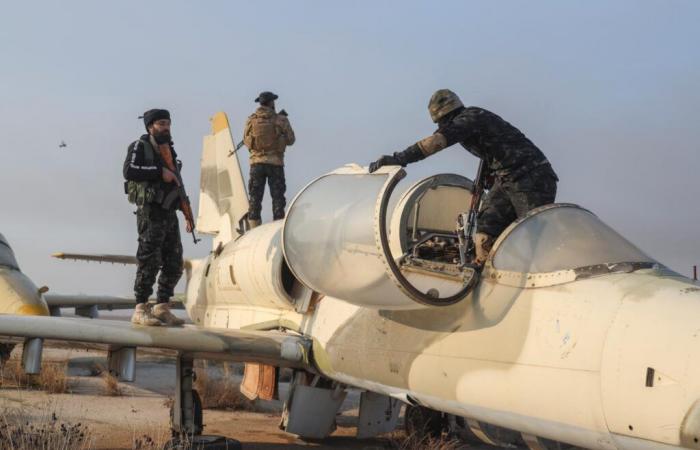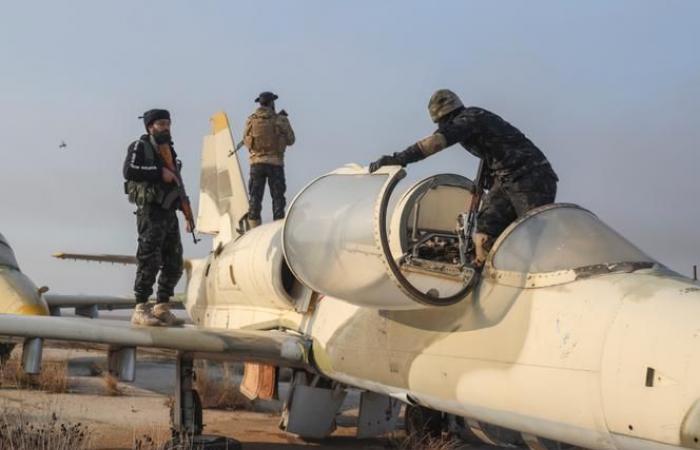Far from the advances on the Ukrainian front, the Kremlin is suffering both a political and military setback in Syria. The intervention of Russian planes on rebel sectors in the northwest of the country did not prevent the regime of Bashar Al-Assad, an ally of Moscow and Tehran, from losing control of Aleppo, a first since the beginning of the war, in 2011. This defeat, inflicted by the offensive, launched on November 27, of the Islamist group Hayat Tahrir Al-Cham (HTC) and its allies supported by Turkey, can be explained in the eyes of Moscow above all by the weaknesses of the Syrian army.
Read also | In Syria, violent fighting in the north of the province of Hama pits the Syrian army against Islamist rebels
Read later
“Faced with the largely underestimated restructuring carried out by the head of HTC to create a real military organization, there are numerous problems in the Syrian ranks: insufficient salaries, incompetent commanders, corruption, demobilization of seasoned soldiers, economic difficulties due to American sanctionslists Rouslan Poukhov, director of the Center for Analysis of Strategies and Technologies, a laboratory of ideas in Moscow on military issues. This is not new. The real problem is that this negligence at the head of Syria ended up being transmitted to its allies, including us…”
Faced with this setback, there is almost silence in Moscow, where rumors have spread of the arrival of Bashar Al-Assad and his family to take refuge. Vladimir Putin, who did not intervene publicly, and his Iranian counterpart, Massoud Pezeshkian, affirmed their support “unconditional”according to a press release, after their telephone conversation, Monday December 2. Russia “continue to support” Damascus for “stabilize the situation”simply added the Kremlin spokesperson, Dmitri Peskov. But he gave no indication of how to increase this support. And he did not react to the images of the HTC rebels who, now only 50 kilometers from the Russian naval base of Tartous, displayed like trophies heavy weapons delivered by Moscow to Damascus.
“Attack on Russia’s image”
This virtual absence of public reaction from the Kremlin could be explained by Vladimir Putin’s reluctance to act under pressure. In 2015, with crucial support from Moscow and Tehran, Damascus managed to gradually regain control of a large part of the country and, in 2016, of Aleppo, the economic heart of Syria. Conversely, “the current situation is an attack on the image of Russia”insists Anton Mardasov, associate researcher at the Middle East Institute, based in Washington. Mr. Mardasov questions the effectiveness, in recent days, of the Russian air force which, handicapped by the weakness of Syrian intelligence, “mainly hit already known targets behind the front. This may have a long-term impact but does little to prevent the advance of HTC’s fighters.. The decline in the capacity of the Russian army can be explained above all by the concentration of its forces in Ukraine. “Russia lacks not only men and funds but also competent generals, since Syria, for two years, has essentially been a place of exile for ineffective and seriously incompetent generals”says Anton Mardasov.
You have 25.76% of this article left to read. The rest is reserved for subscribers.







